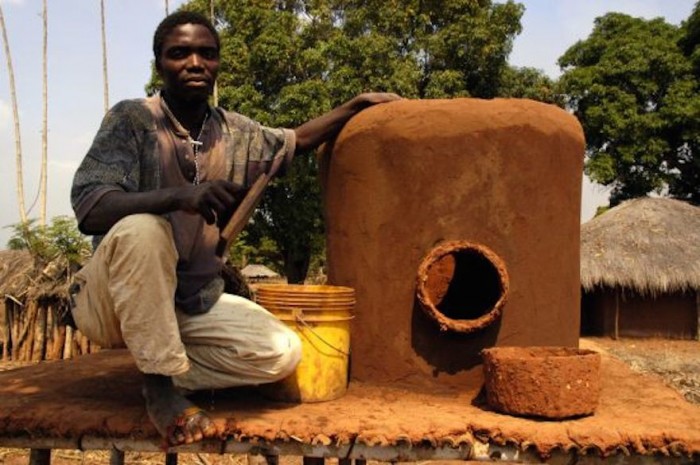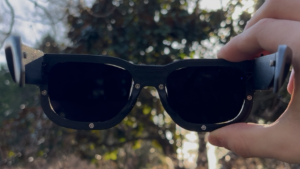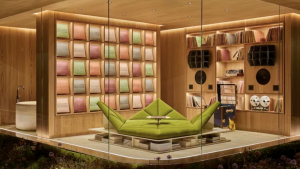
The consequences of a severe drought are dire for smallhold farmers in underserved African communities. The harsh conditions result in infertile, eroded land, small harvests and ultimately, not enough food to survive. The storage of crops is of vital importance but low-income communities with little to no electricity have no effective means of keeping their food from spoiling.
To tackle this problem, Mozambican farmer, Gilberto Tethere designed a zero-energy cooling silo to store seasonal harvests using only locally sourced materials. The cylindrical silo is made from woven bamboo and tightly encased in clay to cover harvested seeds in a nearly airtight chamber, which also contains herbal insect repellents. Using simple design and simple materials, Tethere created a fully functioning, zero-emissions refrigerator.

The silo, now known as the Zero Emission Fridge for Rural Africa (ZEFRA), stands on an elevated base that includes built-in vermin traps to protect the grain from rats and mice.
The design has now been deployed across Mozambique, a country that has to endure a four-month drought period, which locals refer to as the “hunger period”. As the climate changes, subsistence farmers have noticed that the drought season is getting longer and crop production is dwindling. Tethere’s invention is a valuable tool for preserving local farming yields and subsequently alleviating hunger.
Also known as Silo Tehetere, the invention is fairly easy for locals to reproduce because it doesn’t require any power to function and it is made up of readily available local materials.






